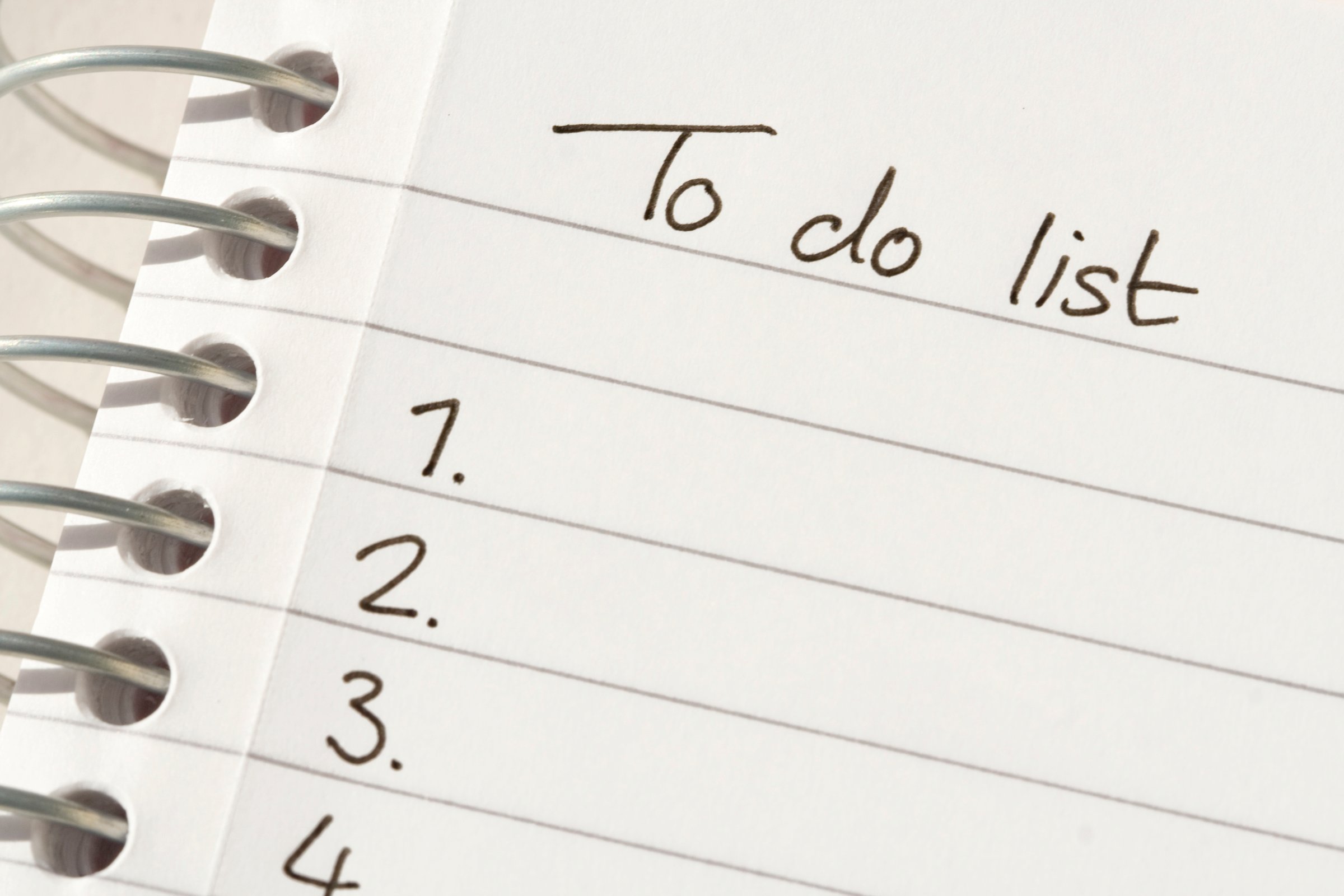
1) Want to be happy?
It’s more about perspective than anything else. Write down three good things that happen to you every day.
Via Flourish: A Visionary New Understanding of Happiness and Well-being:
Every night for the next week, set aside ten minutes before you go to sleep. Write down three things that went well today and why they went well. You may use a journal or your computer to write about the events, but it is important that you have a physical record of what you wrote. The three things need not be earthshaking in importance (“My husband picked up my favorite ice cream for dessert on the way home from work today”), but they can be important (“My sister just gave birth to a healthy baby boy”).
Next to each positive event, answer the question “Why did this happen?”
(More on happiness here: Things that are proven to make you happier.)
2) Want to be more creative?
Expose yourself to as many different perspectives as possible and get them crashing around in your head.
Via Where Good Ideas Come From: The Natural History of Innovation:
The patterns are simple, but followed together, they make for a whole that is wiser than the sum of its parts. Go for a walk; cultivate hunches; write everything down, but keep your folders messy; embrace serendipity; make generative mistakes; take on multiple hobbies; frequent coffeehouses and other liquid networks; follow the links; let others build on your ideas; borrow, recycle, reinvent. Build a tangled bank.
(More on creativity here: The four principles that will lead you to breakthrough creativity.)
3) Want better friendships?
Stay in touch every two weeks and make sure that the good moments outnumber the bad.
It turned out that the fifteen high-performance teams averaged 5.6 positive interactions for every negative one. The nineteen low-performance teams racked up a positive/negative ratio of just .363. That is, they had about three negative interactions for every positive one…
Also:
Curiously, the magic number also seems to have a close parallel in the ratio of positive behaviors…and negative behaviors…among monkeys and apes. Thus the five-to-one ratio begins to look suspiciously like a basic primate need.
(More here: 5 ways to strengthen your friendships.)
5 Horrible Habits You Need to Stop Right Now





4) Want a better romantic relationship?
Add some visceral excitement. Roller coasters beat counseling. It’s called “misattribution of emotions” — thrills become associated with the people we share them with — even if they had nothing to do with them.
Via Sway: The Irresistible Pull of Irrational Behavior:
When the men who crossed the wooden bridge saw the research assistant, most of them looked at her and saw just that, a studious research assistant. But for the men who crossed the rope bridge, anxiety and adrenaline translated into a heightened romantic interest in the assistant. Their physiological reactions affected their perceptions. …The bridge’s ability to enhance the men’s romantic attraction earned it the moniker “the love bridge” within the psychological community.
(More here: This simple thing kills many relationships.)
5) Want to be more productive?
Religiously use checklists. They’re simple and they work.
What happens when you consistently use checklists in an intensive care unit? People stop dying.
Via The Checklist Manifesto: How to Get Things Right:
The proportion of patients who didn’t receive the recommended care dropped from seventy per cent to four per cent; the occurrence of pneumonias fell by a quarter; and twenty-one fewer patients died than in the previous year. The researchers found that simply having the doctors and nurses in the I.C.U. make their own checklists for what they thought should be done each day improved the consistency of care to the point that, within a few weeks, the average length of patient stay in intensive care dropped by half.
(More here: 6 things that will make you more productive.)
This piece originally appeared on Barking Up the Wrong Tree. Join over 145,000 readers and get a free weekly email update here.
Related posts:
More Must-Reads from TIME
- Why Trump’s Message Worked on Latino Men
- What Trump’s Win Could Mean for Housing
- The 100 Must-Read Books of 2024
- Sleep Doctors Share the 1 Tip That’s Changed Their Lives
- Column: Let’s Bring Back Romance
- What It’s Like to Have Long COVID As a Kid
- FX’s Say Nothing Is the Must-Watch Political Thriller of 2024
- Merle Bombardieri Is Helping People Make the Baby Decision
Contact us at letters@time.com